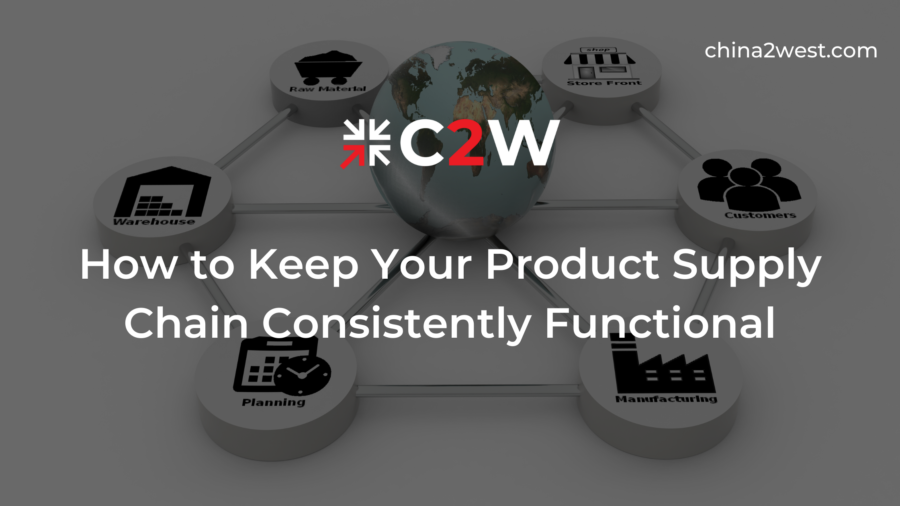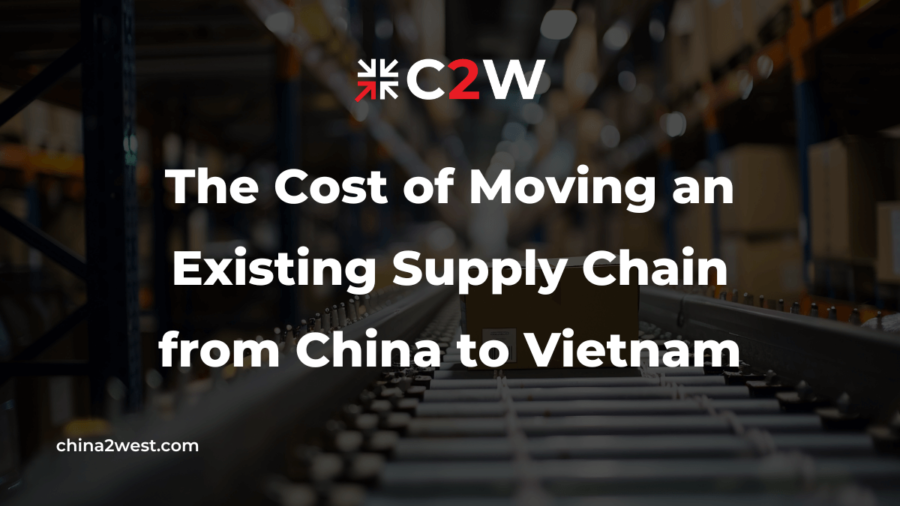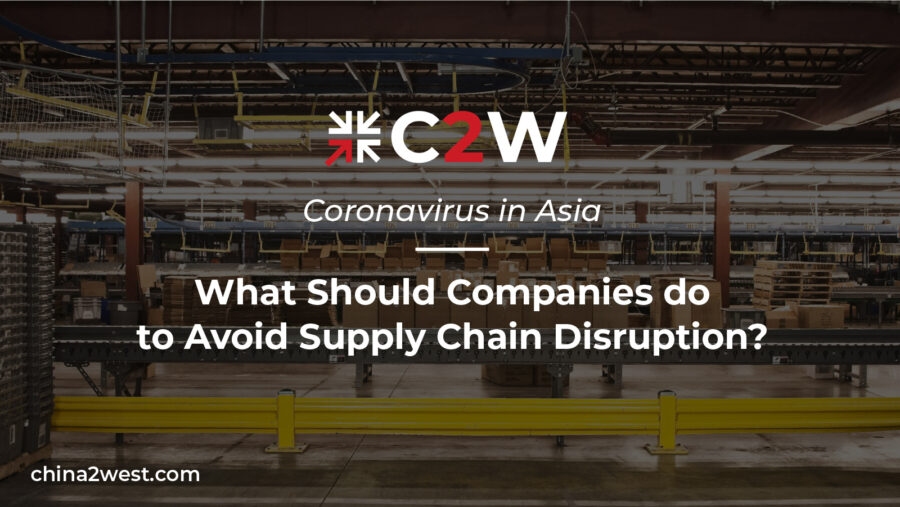In today’s fast-paced business landscape, maintaining a consistently functional product supply chain is paramount. The efficient flow of goods and services from manufacturers to consumers is the lifeblood of any successful enterprise.
But how can you ensure that your supply chain remains reliable, even in the face of unforeseen challenges and disruptions?
In this article, we will delve into strategies and best practices that can help you keep your product supply chain consistently functional.
The Foundation of a Reliable Supply Chain
Understanding Your Supply Chain
Before we explore strategies for maintaining a dependable supply chain, it’s essential to have a clear understanding of how your supply chain operates. Ask yourself questions like:
- What are the key components of my supply chain? Identifying the core elements will help you focus your efforts on critical areas.
- Who are my suppliers and partners? Knowing your collaborators is crucial for efficient communication and problem-solving.
- What are the potential bottlenecks? Recognizing potential issues allows you to proactively address them.
A deep understanding of your supply chain is the first step toward ensuring its consistent functionality.
Establishing Clear Communication Channels
Effective communication is at the heart of a well-functioning supply chain. You need to foster open and transparent communication with your suppliers, distributors, and other stakeholders. This includes sharing your goals, expectations, and any changes in demand or production schedules.
Additionally, consider investing in digital communication tools and software that can streamline communication and enhance collaboration. Cloud-based platforms and instant messaging apps can help bridge the gap between different parts of your supply chain, promoting real-time updates and information sharing.
Strategies for Supply Chain Consistency
Diversify Your Supplier Base
Over-reliance on a single supplier can be a significant risk to your supply chain’s stability. A disruption in their operations could lead to a halt in your production or delivery. To mitigate this risk, consider diversifying your supplier base.
Work with multiple suppliers for critical components or materials, and maintain relationships with alternative sources. This approach can help you navigate supply disruptions more effectively.
Implement Robust Inventory Management
A well-managed inventory is crucial for a consistently functional supply chain. Excess inventory ties up capital, while insufficient stock can lead to production delays.
Implementing efficient inventory management practices, such as just-in-time (JIT) inventory or using modern inventory management software, can help strike the right balance.
Technology and Innovation in Supply Chain Management
In the digital age, technology plays a pivotal role in supply chain management. Leveraging advanced technology solutions can significantly enhance the efficiency and reliability of your supply chain. Consider implementing:
- Supply Chain Analytics: Utilize data analytics to gain insights into your supply chain’s performance and identify areas for improvement.
- IoT (Internet of Things): Employ IoT sensors to track the movement and condition of your products in real-time.
- Blockchain Technology: Enhance transparency and traceability by adopting blockchain for supply chain record-keeping.
These technological advancements can provide a competitive edge and contribute to the consistent functionality of your supply chain.
Ensuring Resilience and Adaptability
Develop a Contingency Plan
Unforeseen disruptions, such as natural disasters or global pandemics, can severely impact your supply chain. To maintain consistency, develop a robust contingency plan. This plan should outline steps to be taken in the event of supply disruptions, including alternative sourcing options, crisis communication strategies, and backup logistics plans.
Regularly Assess and Adjust
Supply chain management is not a one-time effort; it requires continuous assessment and adjustment. Periodically review your supply chain processes, performance metrics, and key performance indicators (KPIs). Identify areas that require improvement and be willing to adapt to changing market conditions.
Your Supply Chain Questions Answered
How Can I Ensure On-time Deliveries in My Supply Chain?
To ensure on-time deliveries, establish clear delivery schedules with your suppliers and logistics partners. Monitor delivery performance closely and address any delays promptly. Consider investing in route optimization software to streamline delivery routes and reduce transit times.
What Role Does Sustainability Play in a Functional Supply Chain?
Sustainability is becoming increasingly important in supply chain management. It not only reduces environmental impact but also enhances the resilience of your supply chain. Embrace sustainable practices such as eco-friendly packaging, energy-efficient transportation, and responsible sourcing to contribute to a consistently functional supply chain.
Is It Necessary to Outsource Supply Chain Management?
Outsourcing supply chain management can be beneficial, especially for smaller businesses. It allows you to tap into the expertise of professionals and access advanced technologies. However, whether to outsource or manage your supply chain in-house depends on your specific business needs and resources.
How Can I Build Stronger Relationships with Suppliers?
Building strong relationships with suppliers is crucial for a reliable supply chain. Maintain open and transparent communication, pay invoices promptly, and collaborate on cost-saving initiatives. Regularly meet with suppliers to discuss challenges and opportunities, fostering a partnership based on trust and mutual benefit.
What Measures Can I Take to Improve Supply Chain Security?
Supply chain security is paramount. Implement security measures such as cargo tracking systems, secure warehousing, and thorough background checks for employees involved in handling sensitive products. Regularly assess and update security protocols to stay ahead of potential threats.
In conclusion, keeping your product supply chain consistently functional requires a proactive approach, clear communication, technological innovation, and adaptability. By implementing the strategies and best practices outlined in this article, you can enhance the reliability of your supply chain and ensure seamless operations, even in the face of challenges. You also choose to work with a resourceful and experienced manufacturer, one like C2W, leveraging their expertise and industry connections to enhance your supply chain security. Contact us now!




